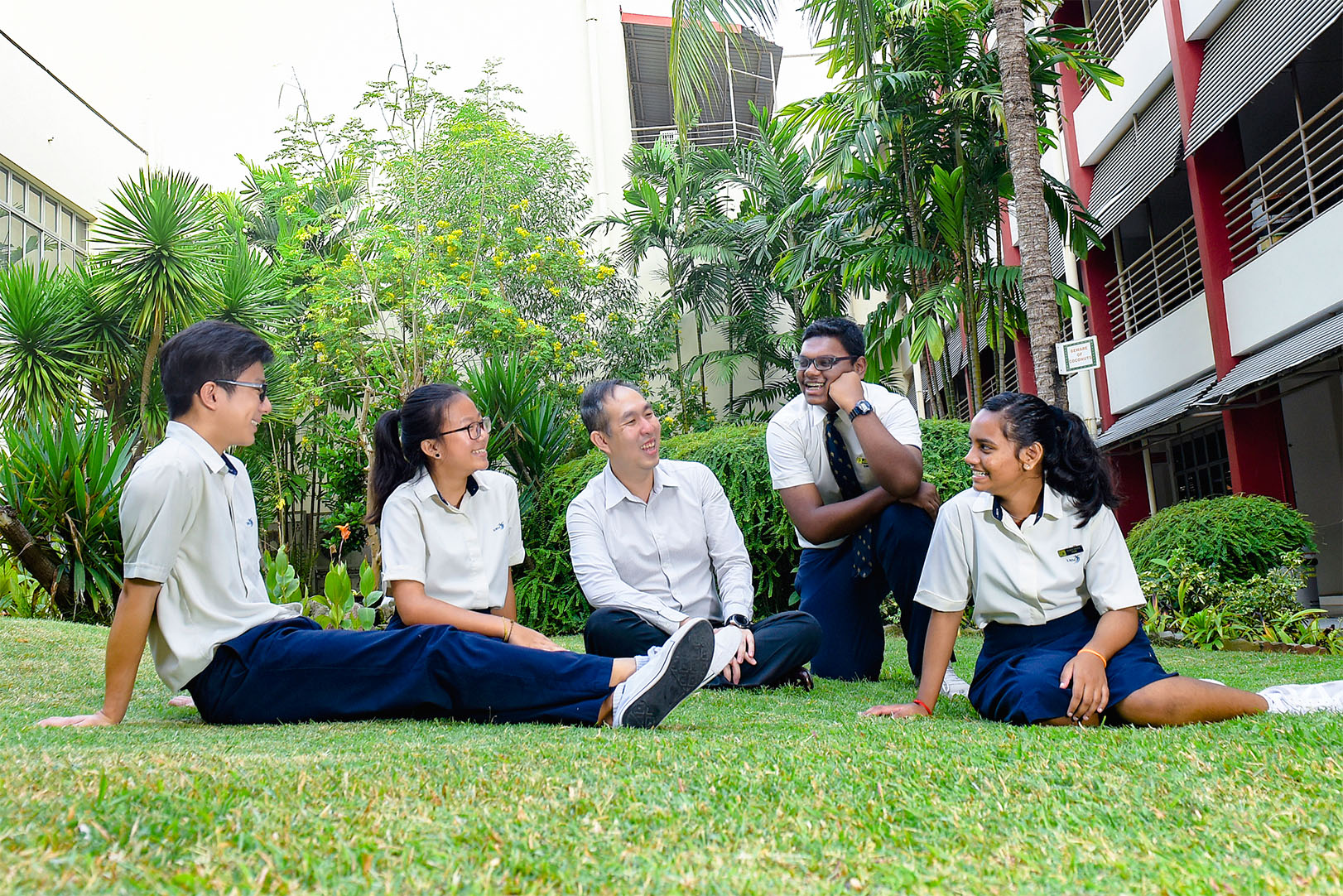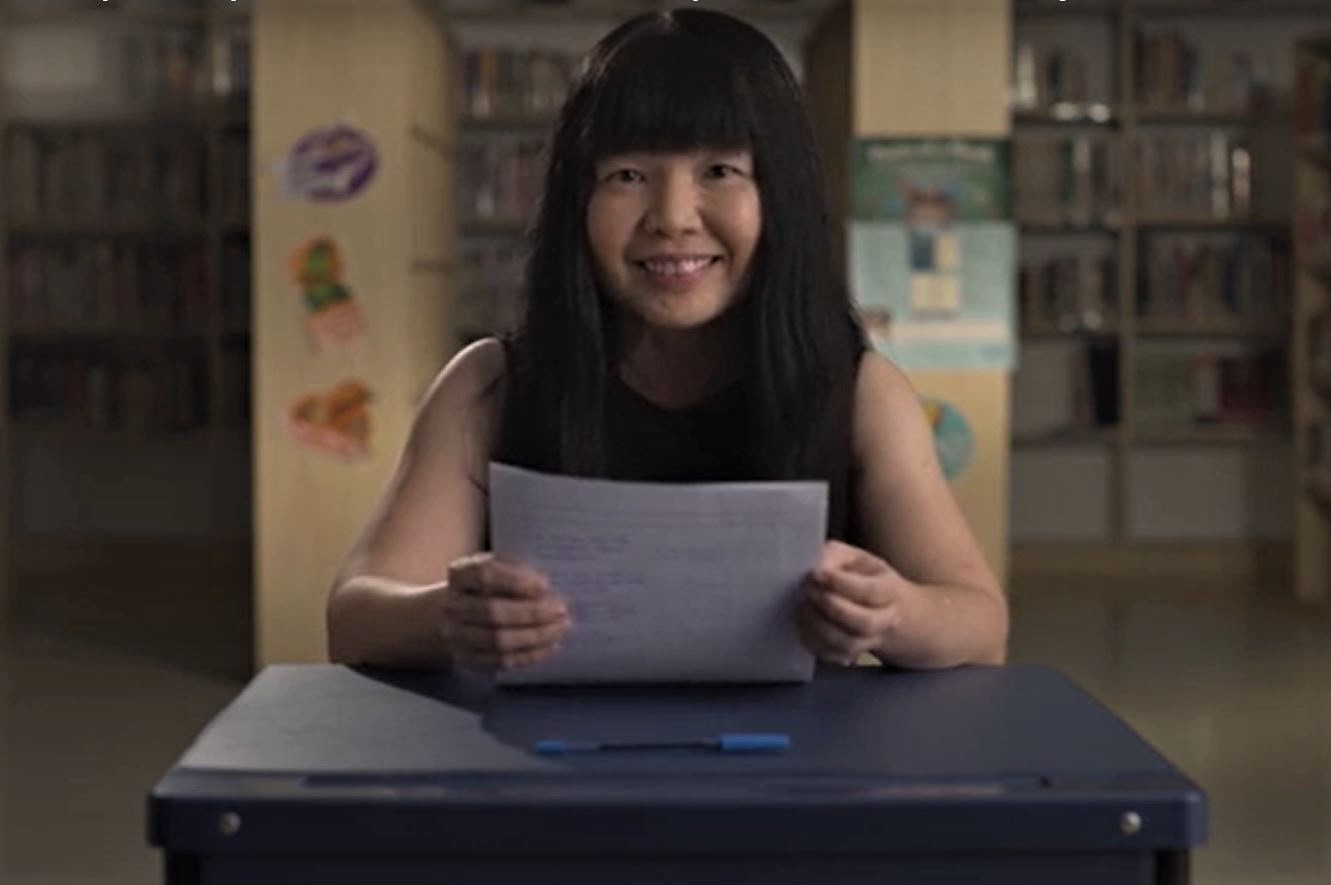Why did you welcome the removal of mid-year examinations?
Mr Tan Kuo Cheang: I put myself in the shoes of my students. They were having two class tests, a mid-year and end-year examination a year. There was a general standstill to school programmes – classroom teaching, CCAs etc. – when these summative assessments were carried out. It signalled wrongly to students that their life as a student in school was to work towards examinations and that everything else took a backseat. It went against our desire to develop our students holistically.
As a school, we didn’t want our students’ school experience to just be about preparing for examinations. We welcomed the opportunity to free up time and resources usually spent preparing for examinations, and to rebalance our efforts in getting our students to learn, and develop more holistically.
How did your students respond to the removal?
Mr Tan: Some students asked why we were removing the mid-year examinations, when it was a motivation for them to “learn”. A lot of them were just gunning for the examinations and would let learning take a backseat throughout the rest of the term. We were concerned about this because this mentality would not be helpful for the lifelong learning disposition that we wanted to develop in them.
So, we encouraged them to think differently. We try to help students understand that setting learning goals and monitoring how they progress towards those goals are more meaningful ways of motivating themselves to learn.
What does learning mean to you?
Mr Tan: To me, learning is a process of sense-making. You learn to understand the world around you better and understand how you fit into that world. It doesn’t apply to just the content from subjects taught, but also the mastery of skills and development of values and character. It is challenging, sometimes messy and you don’t always get the right answers. In fact, sometimes the answers are not even there! Essential to learning is the need for curiosity, the ability to enjoy the process of learning and the understanding that learning never stops.
What then is the purpose of assessment?
Mr Tan: Assessment is essential to good teaching and effective learning. It is a process by which teachers and students discover whether they are indeed “getting” what they should “get”. It has to be more than formal tests and examinations. For instance, a teacher’s observation of students’ body language, after introducing a new concept, serves as one useful indication of whether they are still struggling to understand the concept. This helps teachers know which areas they need to focus more on.
I think it is important for students to have a good experience with assessment, so they can embrace it as part and parcel of their learning process and even begin to self-assess in their future learning endeavours. This ability to self-assess is crucial if we want to empower our students to take ownership of their learning.
“It is important for students to have a good experience with assessment, so they can embrace it as part and parcel of their learning process and even begin to self-assess… This ability to self-assess is crucial if we want to empower our students to take ownership of their learning.”
Mr Tan Kuo Cheang
Does the removal of the mid-year examination put more pressure on the end-of-year examination?
Mr Tan: I’d like to draw a parallel between how we assess learning and how we manage our health. We all want good health, so we try to eat well, sleep well and exercise. But, having done those, it doesn’t mean we will have good health. So, we need to find out our health status via an annual health screening, when we measure our weight, height, BMI, blood pressure and other markers.
To me, that health screening is like the end-of-year examination. It helps us understand the holistic learning of a given subject at this juncture. It is a stock-take. But it is insufficient to rely on such an examination to form an understanding of our students’ progress.
To see how our students grow in understanding over the year, we have weighted assessments, including class tests, projects and presentations, carried out during curriculum time. These assessments, which count towards the overall subject result, do not take place in an examination setting, but they provide timely checkpoints in our students’ progress. We also closely monitor our students’ learning from their regular, non-weighted assessments like assignments, performance in class tasks and responses in class, all of which take into account learning attitudes and needs of the class. This information allows detailed feedback for students to move their learning forward and enables teachers to make adjustments to their teaching approaches. It is an ongoing process.
So, assessment is inseparable from learning. In fact, the learning-assessment cycle is a continuous feedback loop that would truly empower our students to grow into the lifelong learners we wish for them to be.






